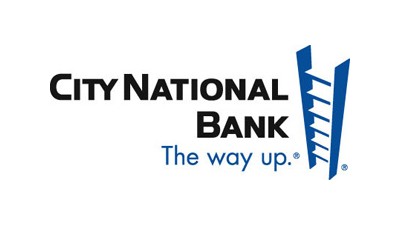At the End of the Day, Banks Are Still Important

With many options in the commercial lending field, it’s hard not to be tempted to leave tried-and-tested means in the dust. But banks still have significant appeal. Here are a few reasons that you should look at banks for your next property or venture.
The Loans Are Non-Intrusive and Easy to Manage
For businesses and developments of any size, bank loans help provide the capital to expand your business significantly. Of course, these loans are based on your business' value and its perceived ability to meet payments on time and in full.
Banks don’t take ownership positions in your business as some other investors would. In fact, bank personnel take no involvement in any aspect of your business, even to sectors to which it grants a loan. And once these loans are paid off, there’s no obligation or involvement to a bank unless you take out another loan. In other words, banks are big enough—and have enough capital—that they'll keep their distance with you and respect your space and your developments, which eliminates the risk of complicated lending relationships.
The loans are also tax-deductible and—if you received a fixed rate—loan payments remain the same throughout the life of the loan, making it easy to budget your project. And even if the payments increase, the rates are simple enough to calculate.
To put it frankly, the loans have significant tax advantages and can help you control overhead costs and appreciate your assets.
The Banks Can Help You Determine What’s the Best Course of Action
Many banks can work with you determine if buying this or that commercial property is the best business decision and work around your need to provide financing solutions, including conventional loans or loans backed by the Small Business Administration. Their years of experience working with buying commercial properties can help you acquire any property.
They’re in a Favorable Environment
While banks were reluctant to lend in the wake of the global financial crisis, the economic environment has turned around significantly in the last few years. Since 2014, US banks are seeing the lowest loss rates on commercial real estate and construction loans. These low rates—combined with the improving economy, low interest rates and increased competition from banks of all sizes—are leading banks to be more confident and increase their lending activity with lower standards and improved industry fundamentals for commercial loans.
The strength of bank commercial lending has been confirmed by several organizations. According to a 2014 FDIC report, banks’ commercial real estate lending is reaching 2007 levels. Chandan Economics confirmed that not only are these loans increasing, but their default rates are reaching record lows. And according to Sageworks Bank Information, commercial real estate loans are now making up nearly 25% of bank portfolios, a significant rise from the 19.55% of March 2008.
According to Sageworks analyst Regan Camp, “as more banks move back into real estate lending, it will present more options for borrowers” and this can lead to better terms and incentives for your next project.
And while some have raised concerns over the fact that banks' loan-to-value ratio nationwide are at 118% in the Q2’15—meaning that they are as overextended as they were before the financial crisis— Moody’s Investors Service analyst Joseph Pucella notes that “there are differences between the current and prior cycles with CRE.” He points to the fact that only 0.7% of commercial real estate loans were considered non-performing at midyear, a far cry from the loans of 2007.
A Word to the Wise
But you must always be aware: even with these lower standards, banks are still cautious about the risk of their commercial loans, and risk has become a paramount factor. For example, smaller businesses without a substantial track record may find it hard to find a loan.
As Regan puts it, “Banks have been burned before and regulators want to know, did they learn their lesson? Even though confidence has come back significantly, I don’t think anyone’s 100% certain it won’t happen again.”
But, banks still have their eyes out for builders and developers who were able to stay afloat during the recession and still have some cash to invest. Or, for those dealing in speculative construction, you'll need sufficient cash equity and a strong buyer. So if you have some cash and properties to your name, banks will still look favorably upon you.

